Antagonist comes from the Greek and means "opponent" or "competitor". The antagonist is whoever or whatever works against the protagonist, the main character. In Back To The Future, George McFly is a secondary character, made so by the antagonist, which is the past or Biff, depending on whether or not you require a physical being to be in the role of antagonist. In reality, it's the past that works against Marty more so than anything else. Biff is the personification of that past.
George McFly, in the person of Marty's father, is ruled by other characters' actions. Biff makes him a nothing in their 1950s world. And it's only because Marty goes back to the past and changes it that George McFly doesn't end up as a greasy-haired, peanut brittle eating for dinner, low man on the corporate totem pole. George is inconsequential and buffeted by the changes others put upon him, for good and for bad, so he couldn't be the antagonist. The mistake in thinking George is the antagonist comes from not seeing the action from the characters' perspectives and instead seeing it from the audience's perspective, which is omnipotent. While it sounds nice to say that Marty does everything he can to change the past for his father, that's not true. Marty acts as he does because it's who he naturally is. That he changes the past and the future is a surprise to him, not a planned action.
This misunderstanding of who acts as the antagonist in Back To The Future is a good example of why I am often dubious of writers who claim they're very much about the "craft." The "craft" is bandied about online by published and unpublished writers all the time. They read books about it, write blog posts about how much they've learned from books, and then proceed to write a confusing or boring story because they took the wrong advice.
I learned about literary devices in undergraduate school as an English major, but I often find writers who haven't had any training at all and are relying on how-to books. While someone may find a nugget or two of information they can use, the real knowledge necessary to construct a well-written story is likely somewhere else. I guess it's natural for would-be authors to reach for a book to learn something. Sometimes, however, the book isn't enough. And sometimes it's written by someone who doesn't understand the idea any more than the apprentice writer does.
There are some who argue that readers don't pay attention to the deep things like who's the antagonist, so it's not really important to the writer. While readers may not analyze every story they read, they understand the conflict between the protagonist and antagonist and when it isn't done well, they know there's something missing in the story. It's incumbent upon the writer to create an antagonist who is meaningful and can stir emotions in readers. Without a solid antagonist, a story has little real conflict, and without that, the story's nothing.

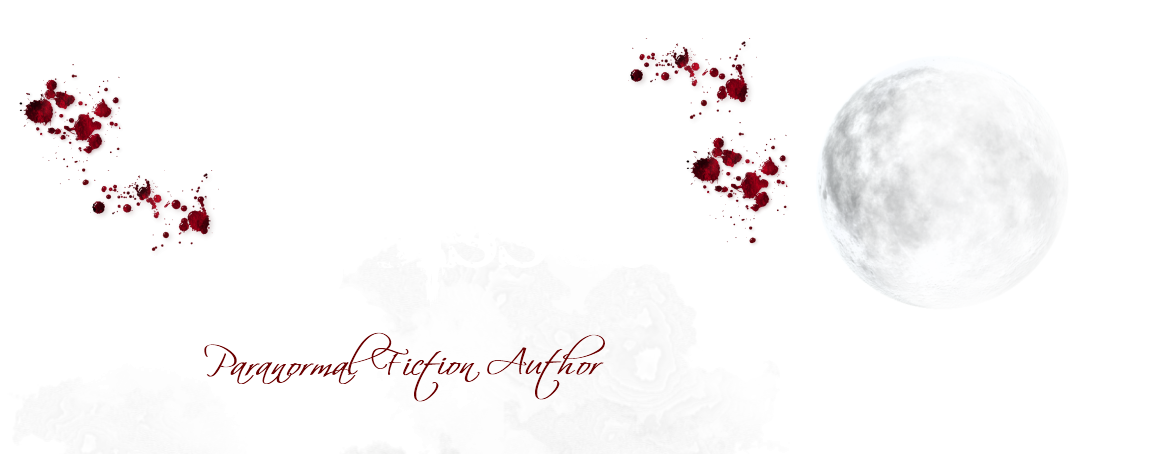






















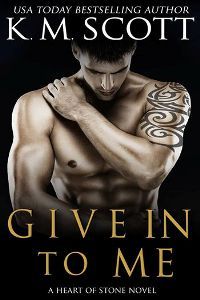
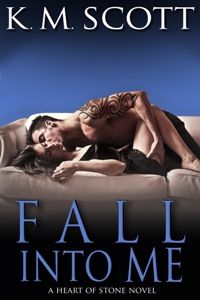
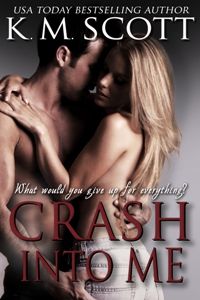



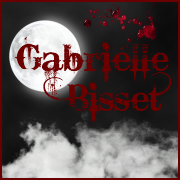





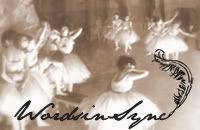


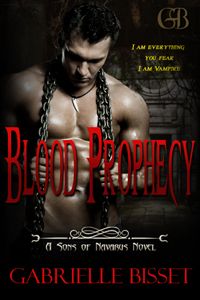

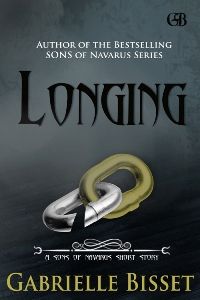
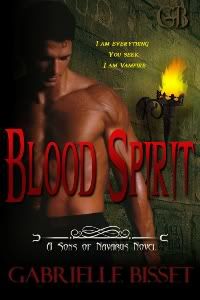
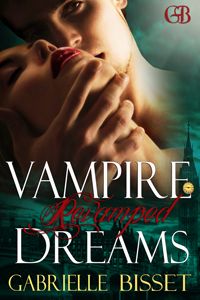
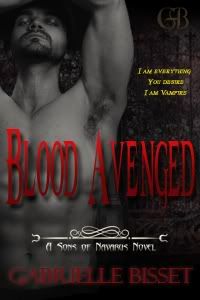
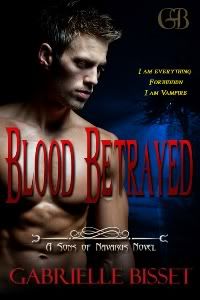
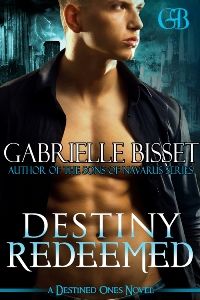

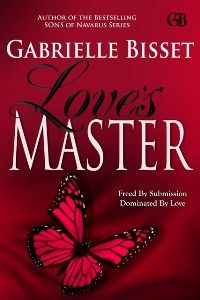
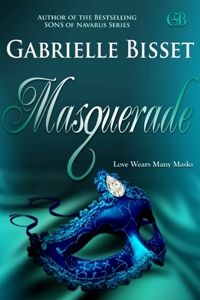






0 comments:
Post a Comment